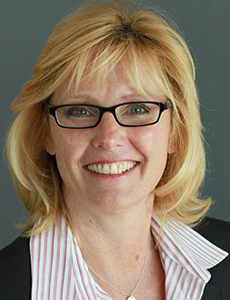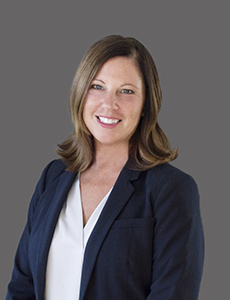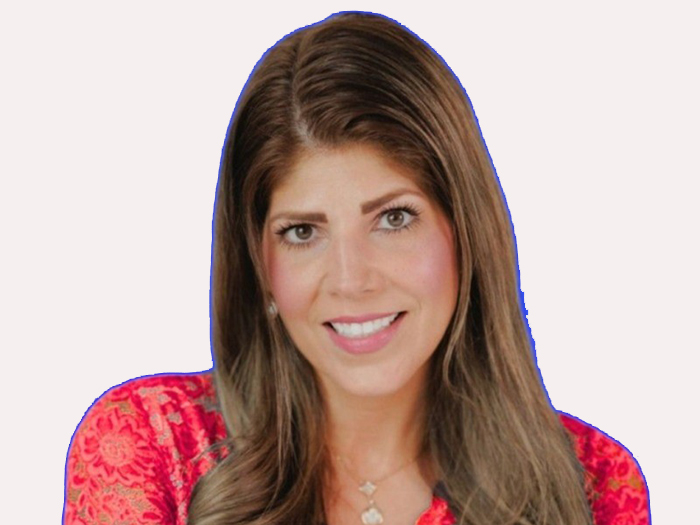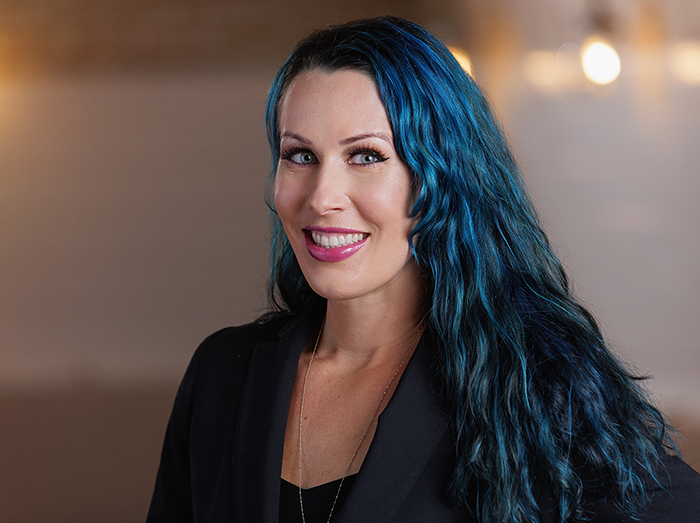Sponsored Content by Paradigm
The Paradigm Provider Network: Partners in Recovery

For workers who have suffered a catastrophic injury on the job, and the families that help them through it, there are no shortcuts. Each person’s path to healing is unique, and providers must personalize care to achieve the best possible outcomes.
The Catastrophic Care Management division of Paradigm plays an important role in this process. By taking on the financial risk associated with catastrophic injuries, Paradigm is more than a case management company — it creates financial value and certainty for its customers, while delivering exceptional outcomes for injured workers and their families.
Over the past 25 years, the company has used its expertise and outcome data to curate a unique value-based network of best-in-class providers, along with the Paradigm team of case managers and physicians, to help injured workers overcome acute brain injuries, severe burns, spinal cord injuries, amputations and other catastrophic conditions. This custom network is more focused than a preferred provider organization and provides the greatest personalized care for some of the nation’s most catastrophically injured patients.
“We have sought out and developed long-term relationships with providers who are highly specialized and provide direct care for a specific group of patients,” said Paradigm’s Catastrophic Care Management Vice President of Network Services, Jo Carter.
This extensive, highly specialized network helps Paradigm match each patient with the best-qualified providers to treat their specific condition. That focus continues throughout their care — from the ICU to rehabilitation, and throughout their recovery.
Engaging with Patients and Partners

Jo Carter, Vice President of Network Services, Paradigm Catastrophic Care Management
From the moment Paradigm takes a new case, the planning begins, ensuring injured workers receive outstanding care, as well as a full understanding of what has happened and why.
This process starts in the acute hospital setting. Paradigm and partners map out the next steps, identifying the best clinical experts to treat the patient’s condition(s) and ensuring patients and families have everything they need during the recovery process.
“That could mean inpatient acute rehabilitation, home care services, customized medical equipment, wheelchairs and beds or prosthetics,” said Carter. “It could include post-acute rehabilitation programs, intensive neuro-behavioral and/or substance abuse and addiction treatment programs. We have built our network to provide the specialized services each patient requires.”
Paradigm partners with rehabilitation hospitals and other specialized providers around the country. These facilities are nationally certified and have dedicated, multidisciplinary teams, including physical, occupational and speech therapy and psychological support services.
Shepherd Center is one of Paradigm’s trusted partners. A rehabilitation hospital based in Atlanta, Shepherd specializes in catastrophic spinal cord and brain injuries. It is unique among rehab hospitals because it operates its own ICU, enabling patients to begin their rehabilitation sooner.
“Some of these cases are very complicated, and that’s what we’re here for,” said Chet Bhasin, Shepherd’s Chief Strategy Officer. “But with those complicated cases come nuances, and it’s good to have partnerships you can rely on. Paradigm is willing to engage in a dialogue when we have questions. That process allows us to set the patient up for success.”
Treating the Whole Person and Whole Family

Kathy Galia, Chief Operating Officer, Paradigm Catastrophic Care Management
Catastrophic injuries often generate great uncertainty for patients and families. Paradigm and its partners take great care to explain the options and help family members ask the right questions to make educated choices.
“We have a philosophy at Paradigm around treating the whole person,” said Paradigm’s Catastrophic Care Management Chief Operating Officer Kathy Galia. “It’s not just the injured worker, but it’s his or her family, particularly in these catastrophic cases where the whole family is impacted. We expect that same philosophy from our partners.”
To maintain that alignment, Paradigm’s care network is built on decades of experience, communication and measurement. Each facility and network partner has been chosen for its excellence, and Paradigm is constantly analyzing outcomes and providing feedback to improve care. But it’s the day-to-day communication between the Paradigm team and the providers that makes such a difference for patients.
“Having a robust, specialized network is important, however, it is the combination of Paradigm’s clinical expertise and data-driven insights that allow us to select the right provider at the right time for the right treatment,” said Galia.
Craig Hospital in Denver, Colorado, another Paradigm partner, is a neurorehabilitation and research hospital that specializes in treating people who have sustained spinal cord and traumatic brain injuries. This narrow specialization is ideal for many patients with these severe injuries, conferring experience that more generalized facilities might lack.
“Volume matters,” said Jandel Allen-Davis, MD, Craig’s President and CEO. “The more you do, the better you get at treatment. This gives us the ability to focus and go deeper.”
Clinicians at Paradigm and the treating facilities frequently compare notes, confer with families and adjust treatment plans as necessary to keep patients on track.
“We know the red flags and the markers of where a patient is going to have barriers and challenges and pitfalls to not having a good outcome,” said Allen-Davis. “We address those proactively with Paradigm.”
Bringing Patients Home
Successful treatment means patients get to return home. However, they may still need additional care.
“When an injured worker is preparing for discharge home from a rehabilitation facility, there is a lot of planning involved,” said Galia. “Coordinating medical equipment, home modifications, selecting home nursing care, therapies, and evaluating the family dynamics and identifying support systems. Understanding that effective transitions of care are critical, we are tightly aligned with our providers during this time period and beyond.
Often that means working closely with a home health agency, such as Bayada Home Health Care. The Paradigm team has been with the patient from the beginning and passes that history to home health partners to facilitate a seamless transition.
“We have the care management, which is really our relationship with Paradigm, to help these highly complex patients have the best experience possible once they are home,” said Amy Nelson, Skilled Nursing Unit Division Director at Bayada Home Health Care.
“There are psychosocial needs and often home modification needs as well as the actual physical, mental and emotional needs that these patients and their families go through. It can be overwhelming for families, and our partnership has helped navigate through the many layers to ensure the best care is received,” she said.
Catastrophic work-related injuries, by their very nature, are extremely complex, and effective treatment requires the most profound clinical skill. That’s why Paradigm has gone to such great lengths to bring in the best partners around the country. This interlocking expertise ensures the best possible care.
“Our network partners have shared with us that they can feel the difference when caring for a Paradigm patient,” said Galia. “They value our clinical expertise and focus on outcomes as well as our holistic approach to managing the whole person. We’re truly partners in the injured worker’s recovery.”
To learn more, visit www.paradigmcorp.com.
This article was produced by the R&I Brand Studio, a unit of the advertising department of Risk & Insurance, in collaboration with Paradigm. The editorial staff of Risk & Insurance had no role in its preparation.










